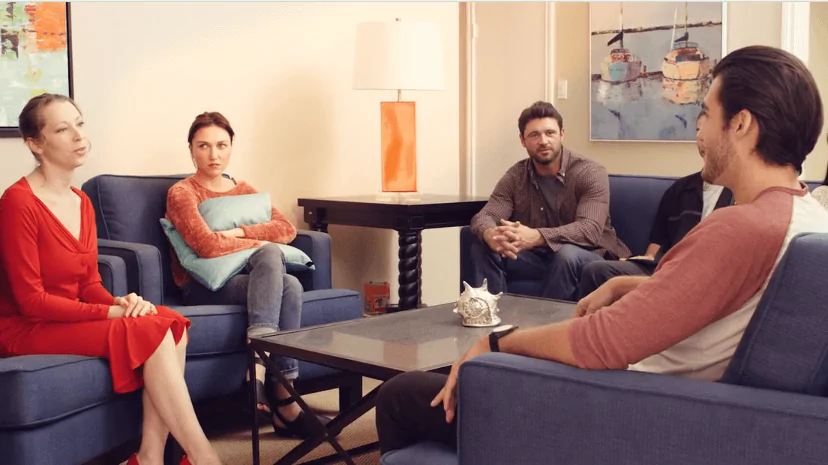24/7 Helpline:
(866) 899-111424/7 Helpline:
(866) 899-1114
Learn more about Inpatient Rehab centers in Barbour County

Other Insurance Options

Medical Mutual of Ohio

Coventry Health Care

United Health Care

Premera

Health Net

Amerigroup

BlueCross

Providence

Sutter

Group Health Incorporated

Multiplan

Cigna

State Farm

AllWell

WellCare Health Plans

Absolute Total Care

Covered California

Access to Recovery (ATR) Voucher

WellPoint

BlueShield

Appalachian Community Health Center
Appalachian Community Health Center is a private rehab located in Belington, West Virginia. Appalach...




















































































































